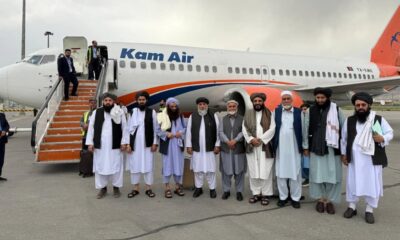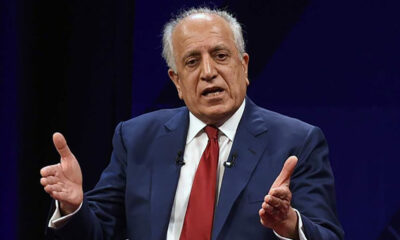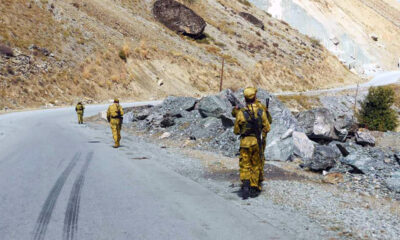Latest News
Ten years of Afghan economic growth, reversed in just 12 months: UNDP
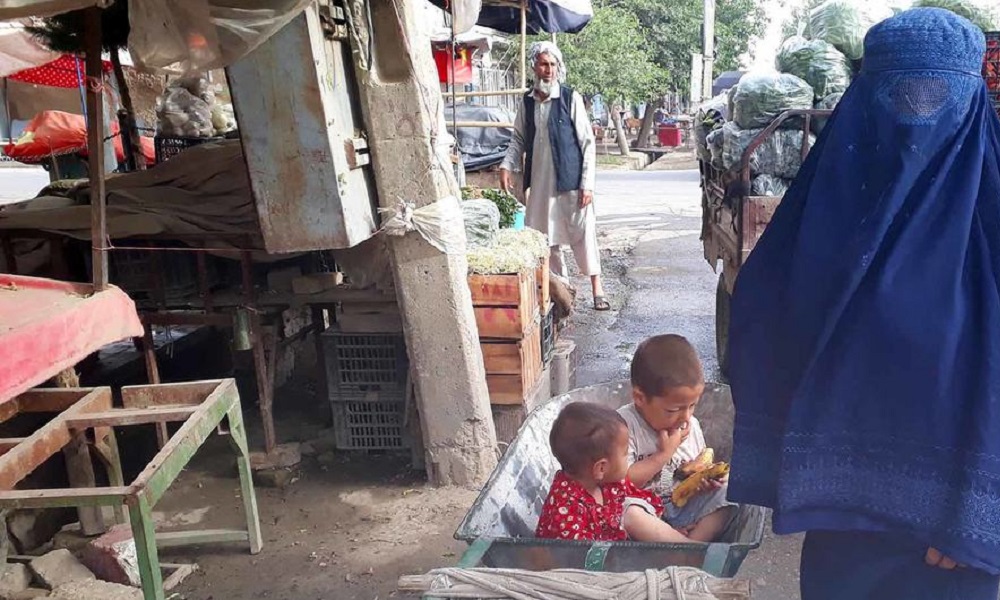
A year on from the Islamic Emirate of Afghanistan takeover in Kabul, Afghanistan is gripped by “cascading crises”, including a crippled economy that humanitarian aid alone cannot address, according to a new report from the UN Development Programme (UNDP) on Wednesday.
The United Nations Development Programme (UNDP) has recently said that the Afghan economy has suffered a catastrophic fall in the last year, projecting that up to 97 percent of the population may be at risk of sinking below the poverty line by next year, unless a response to the country’s political and economic crises is urgently launched.
Kanni Wignaraja, the director of UNDP for Asia-Pacific said Wednesday that in less than a year, Afghanistan’s 10-year economic gains have been lost.
UNDP report said that the already-declining regular economy, as opposed to the black market, lost nearly $5 billion after August 2021 and is reversing “in 12 months what had taken 10 years to accumulate.”
Wignaraja has added that one in five children is at risk of acute malnutrition, especially in southern Afghanistan.
However, IEA’s Ministry of Economy said that if the world wanted Afghanistan to get out of the bad economic situation, it should cooperate with Afghanistan in establishing economic infrastructure.
Based on the UN report, by the middle of 2022 in Afghanistan, nearly 700,000 jobs, which were mostly occupied by women, have vanished.
“Nearly 700,000 jobs have vanished, said UNDP, further threatening a population reeling from impacts of the COVID-19 pandemic, conflict, drought, and war in Ukraine.”
“The Afghan people have been relentlessly subjected to extremely difficult circumstances. They have survived numerous challenges in the last 40 years and shown enormous resilience”, the report added.
Although the Islamic Emirate has not reacted to this UN report so far, it had previously called the statistics provided by international relief organizations far from reality.
Latest News
Acting Minister of Industry and Commerce heads to Pakistan
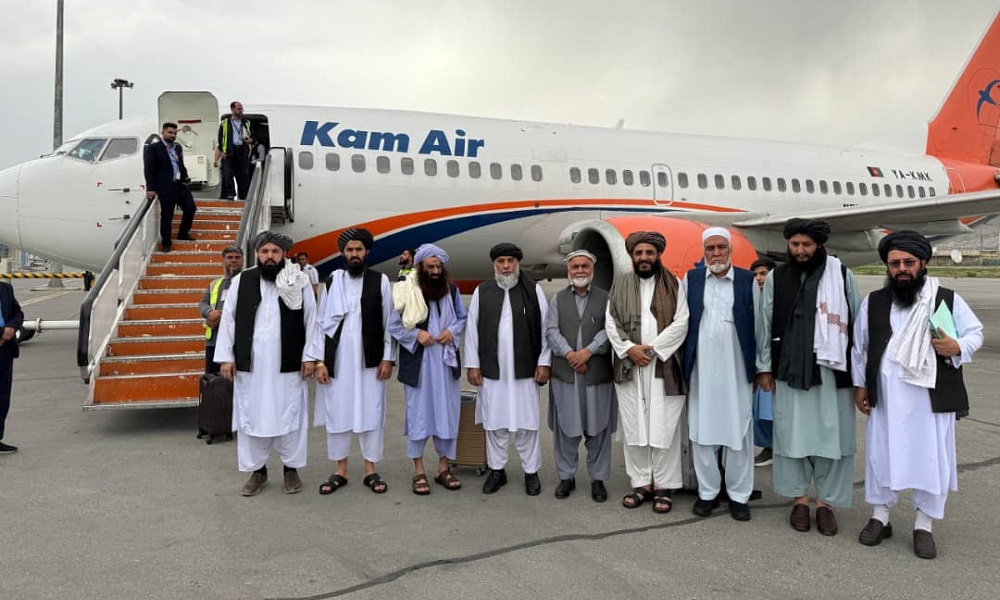
Nooruddin Azizi, the Acting Minister of Industry and Commerce of the Islamic Emirate of Afghanistan, and a high-ranking delegation, has left for Pakistan for talks on various issues.
According to a statement issued on Wednesday, the Ministry of Industry and Commerce stated that the purpose of this trip is to assess and resolve existing obstacles in trade, transit, and transportation between the two countries, as well as to hold discussions regarding the challenges faced by Afghan refugees residing in Pakistan.
The high-level delegation led by Azizi includes representatives from the office of the Economic Deputy Prime Minister, the Investment Facilitation Directorate of the Administrative Office, and the Ministries of Foreign Affairs, Finance, Refugees and Repatriation,
Latest News
Khalilzad says Pakistan might be using migrant expulsions to infiltrate ISIS into Afghanistan
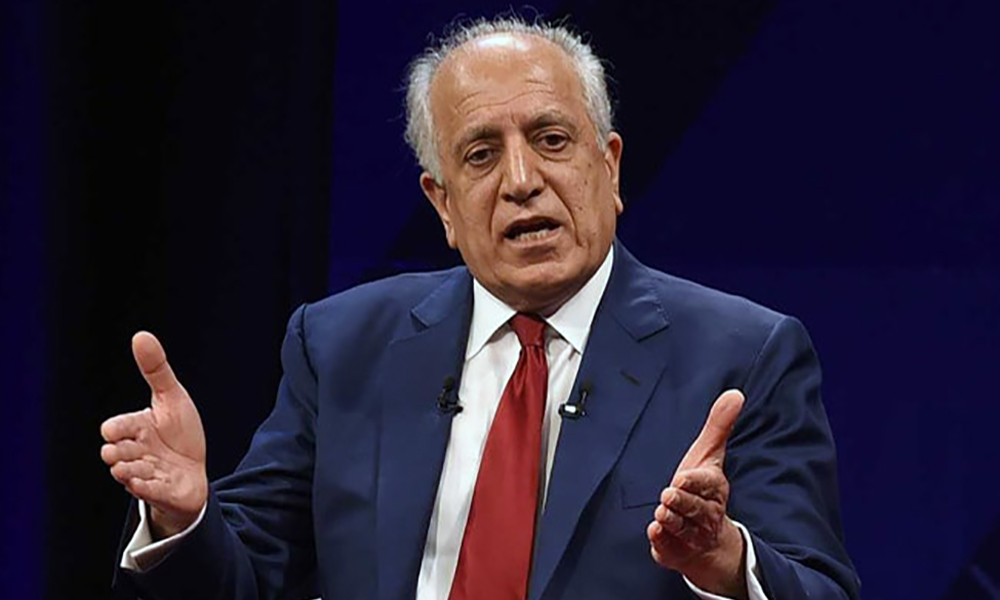
Washington’s former special envoy to Afghanistan, Zalmay Khalilzad, said in a social media post on Wednesday that he is concerned Pakistan might be using the expulsion of refugees as a cover to send in ISIS fighters into Afghanistan.
In a post on X on Wednesday, April 16, Khalilzad said: “Knowledgeable people tell me that they are concerned that the Pakistan establishment might well be using the expulsion of Afghan refugees as a cover to send ISIS terrorists to Afghanistan. I share this concern.”
Khalilzad did not elaborate further, nor did he clarify who the “knowledgeable people” were.
The Islamic Emirate has long been known to fight ISIS and has in the past accused Pakistan of supporting the militant group.
In January, Afghanistan’s deputy minister of foreign affairs said ISIS was operating training centers in Pakistan.
Khalilzad’s remarks come amid intensified efforts by Pakistan to deport hundreds of thousands of Afghan refugees in the country.
Pakistan began deporting undocumented Afghans in October 2023 but following a directive in December, authorities ramped up the deportations from April 1. In the first two weeks of this month over 45,000 Afghans returned.
Latest News
IEA warns UN in Afghanistan against undermining the ordinances of Islamic Sharia
The Islamic Emirate however said in Wednesday’s statement that Afghanistan implements court rulings in accordance with a thorough judicial process and meticulous legal scrutiny.

The Islamic Emirate of Afghanistan on Wednesday warned the UN in Afghanistan (UNAMA) against criticizing or undermining the ordinances of Islamic Shariah and said remarks by the organization last week on the execution of four men were “unacceptable”.
In a statement issued by the IEA’s Ministry of Foreign Affairs, the Islamic Emirate said the remarks were in “direct contravention of the organization’s mandate, and is categorically unacceptable.”
The ministry stated that as an Islamic government it was their duty to carry out such punishments under Sharia.
On Friday, UNAMA condemned the executions and called for the abolishment of the death penalty in Afghanistan.
In a post on X UNAMA stated: “The death penalty is inconsistent with the fundamental right to life. UNAMA calls for an immediate moratorium on the death penalty as a step towards its abolition.”
Four men were publicly executed in Afghanistan last week: two in Badghis, one in Nimroz, and one in Farah province.
Two of the men were shot around six or seven times by a male relative of the victims in front of spectators in Qala-e-Naw, the centre of Badghis province, witnesses told AFP. The families of the victims reportedly turned down the opportunity to offer the men amnesty.
The Islamic Emirate however said in Wednesday’s statement that Afghanistan implements court rulings in accordance with a thorough judicial process and meticulous legal scrutiny.
“During this process, the accused is granted full rights to defense from the beginning until a final verdict is issued,” the statement read.
The IEA said UNAMA’s remarks that Qisas punishments were “contrary to the right to life” and that the death penalty should be abolished “are considered irresponsible and based on ignorance of Islamic rulings.”
“The implementation of Shariah-prescribed punishments, including Qisas, is an undeniable component of Islamic law.
“In the sacred texts, Qisas is explicitly associated with the preservation of life, and human experience has also demonstrated its effectiveness in ensuring justice and social order.
“As an Islamic government, the Islamic Emirate of Afghanistan considers the implementation of Qisas its religious obligation,” the statement read.
As such, the IEA reminded UNAMA that “any attempt to critique or undermine the ordinances of Islamic Shariah constitutes an overreach, is in direct contravention of the organization’s mandate, and is categorically unacceptable.
“Moving forward, it is imperative that UNAMA refrain from engaging in such remarks,” the IEA warned.
Qisas, in Islamic legal terms, translates to “retaliation in kind,” “an eye for an eye,” or retributive justice.
It’s a principle of Islamic law that allows for punishment in kind or compensation.
-
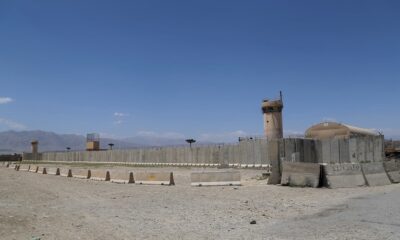
 Latest News4 days ago
Latest News4 days agoNo American military presence in Bagram: US defense official
-

 World4 days ago
World4 days agoWhite House says ‘all hell to pay’ should Iran develop nuclear weapon
-

 Latest News5 days ago
Latest News5 days agoTrump ends protected status for thousands of Afghans, Cameroonians
-

 Latest News4 days ago
Latest News4 days ago‘No one wants to see a nuclear-armed Iran,’ says former US ambassador to Afghanistan
-
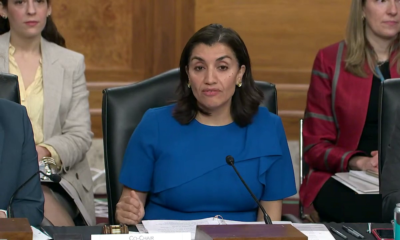
 Latest News4 days ago
Latest News4 days agoUS Senate convenes commission to review early years of Afghanistan war
-
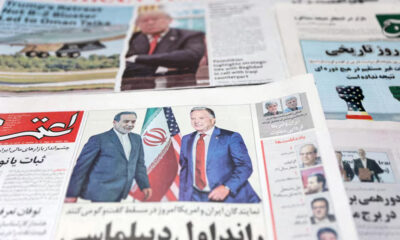
 Regional4 days ago
Regional4 days agoIran, US hold ‘positive’ talks in Oman, agree to resume next week
-

 World3 days ago
World3 days agoTrump says Ukraine talks may be going OK, but there is a time ‘to put up or shut up’
-

 Latest News3 days ago
Latest News3 days ago6.1-magnitude earthquake shakes northern Afghanistan


